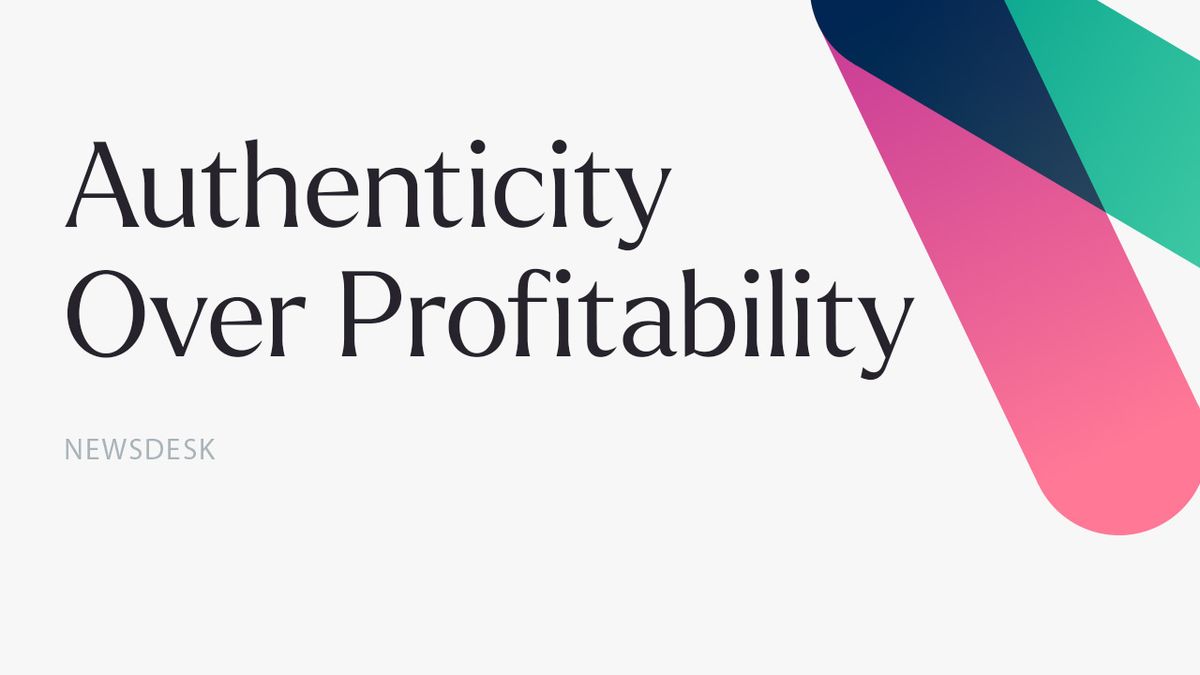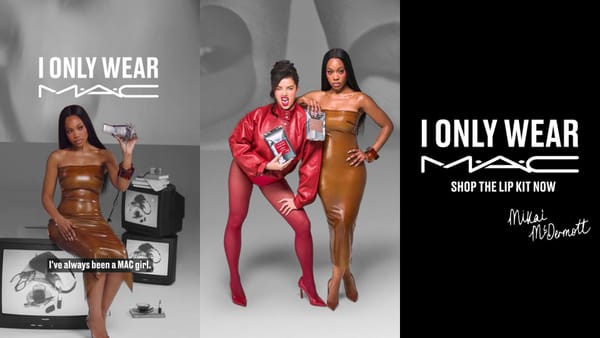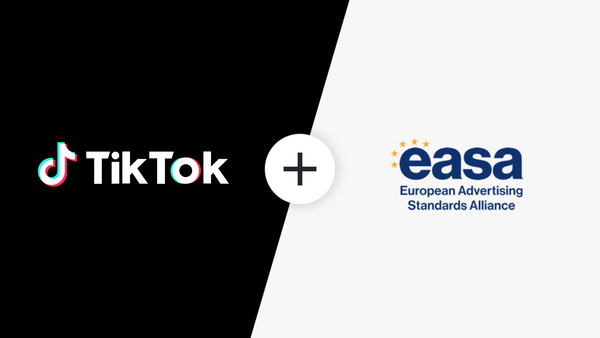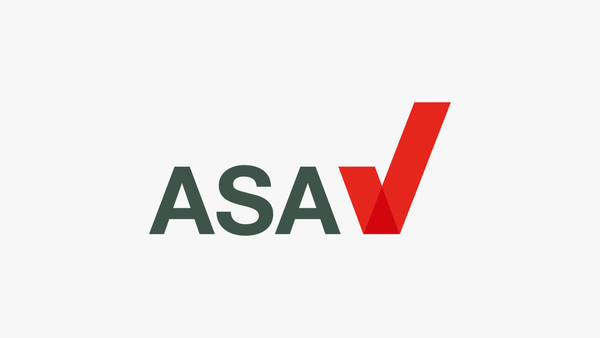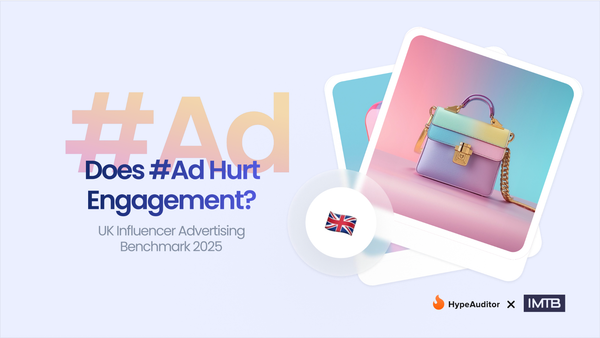New data from Hype Auditor has revealed that one-third of influencers are not actively seeking brand deals, even though they want them. This information comes from a survey which polled 500 content creators with over 1000 followers, showing that 94% of influencers want more social media partnerships with brands, but 32% are not actively trying to secure them.
Despite budget cuts and the current economic landscape, influencer marketing still remains a popular way for brands to reach their audiences. The survey data shows that 46% of influencers have seen an increase in brand partnerships in 2023 compared to the previous year. Furthermore, over a third of respondents noticed an increase in the amount paid by brands for sponsored posts.
Alexander Frolov, Co-Founder and CEO at HypeAuditor, said, “Despite its glamorous reputation, having a career as a content creator can be really tough. Only a very small percentage of influencers, often celebrities, can make a living from their social media accounts,” and the company is working hard towards putting tools in place to make the execution of new brand and creator partnerships more seamless.
Authenticity over profitability
For creators who are starting out, or solidified in their influencing career, generating income is essential. But as influencer marketing becomes greater recognised as a professional and profitable business model, with more brands investing in the space, influencers can afford to be more selective with the brands they work with, putting authenticity over profitability.
There is a growing sentiment among some industry experts that instead of constantly seeking out new partnerships, it may be more sustainable and beneficial for creators to focus on developing long-term partnerships with brands they are passionate about.
This idea was recently discussed in our webinar titled ‘The $20,000 Influencer Challenge – How can you make the most impact with a limited budget?’ With seven years of experience managing and supporting creators, Zara Murdoch, Senior Talent Manager at YMU, has seen firsthand the challenges and benefits of brand partnerships. In her view, the trend towards long-term partnerships is becoming increasingly popular, and for good reason.
One of the main advantages of committing to a long-term partnership is that it allows creators to build a deeper relationship with the brand they are working with. Instead of just being a one-off collaboration, a long-term partnership can provide opportunities for co-creation and collaboration on multiple projects over an extended period of time. This can lead to a more authentic and meaningful relationship between the creator and the brand, which can be beneficial for both parties.
Stability and security
Another benefit of long-term partnerships is that they can provide more stability and security for creators. Rather than constantly searching for new brand collaborations, which can be time-consuming and unpredictable, a long-term partnership can provide a reliable source of income and opportunities for growth. This can be particularly important for creators who rely on their social media presence as their primary source of income.
Of course, there are some potential downsides to long-term partnerships as well. For example, if a creator becomes too closely associated with a single brand, it may limit their ability to work with other brands in the future. However, if the partnership is approached with passion, this can be avoided.
Overall, it seems that the trend towards long-term partnerships is likely to continue in the influencer marketing world. By focusing on building deeper relationships with brands they are passionate about, creators may be able to achieve greater stability, authenticity, and success in the long run, therefore, relying less on seeking out new partnerships, and more on nourishing the existing ones.


